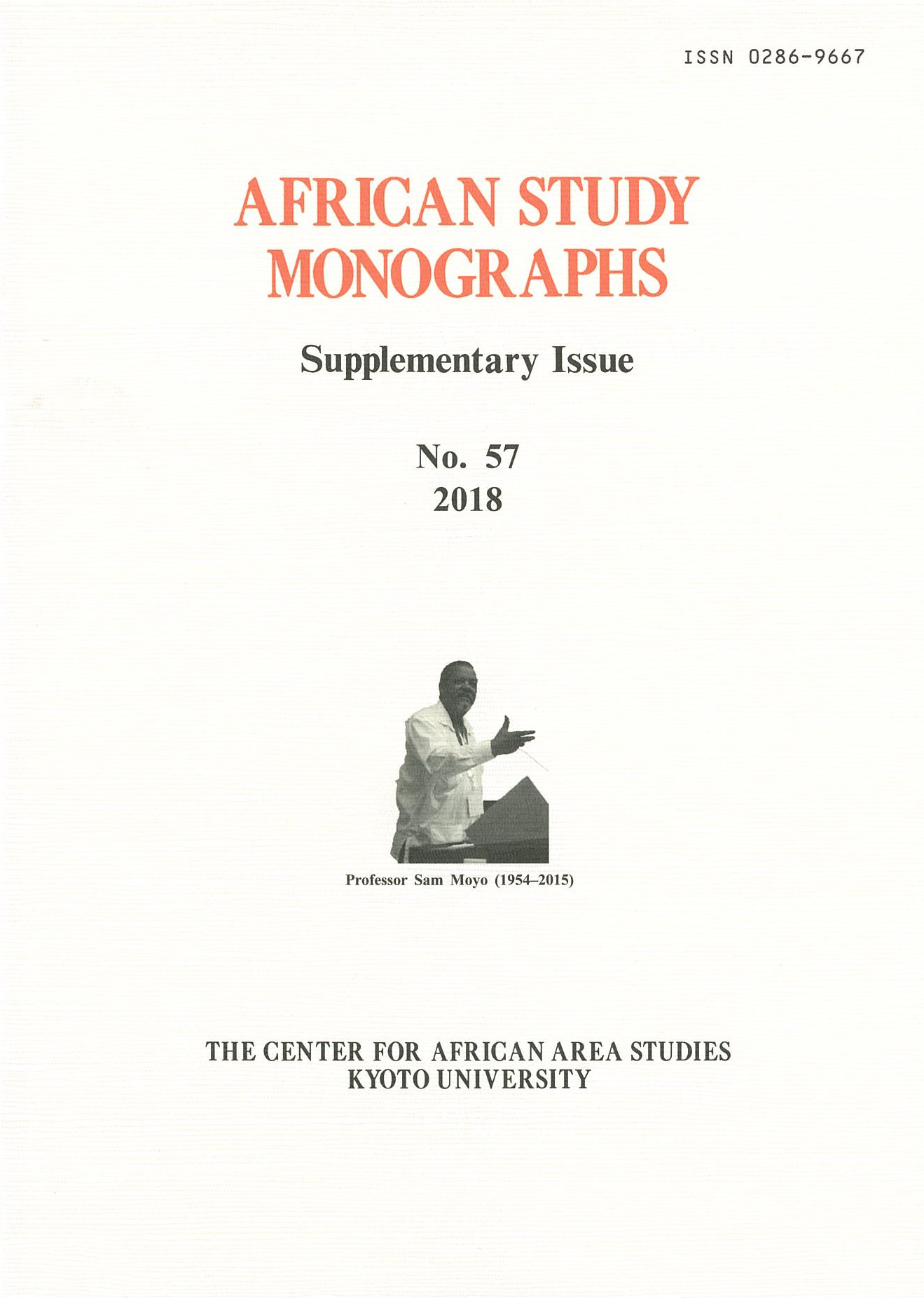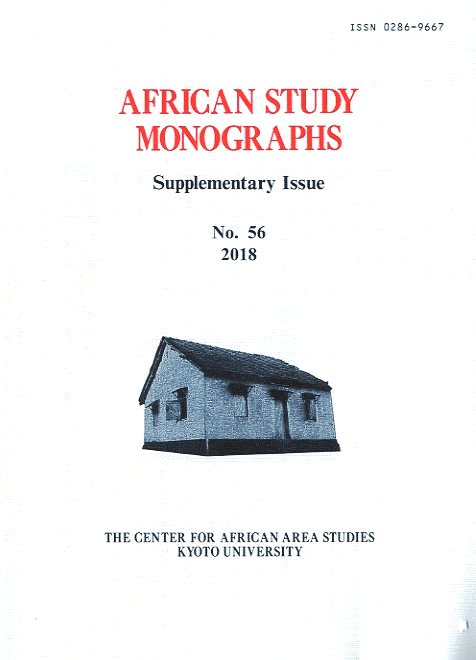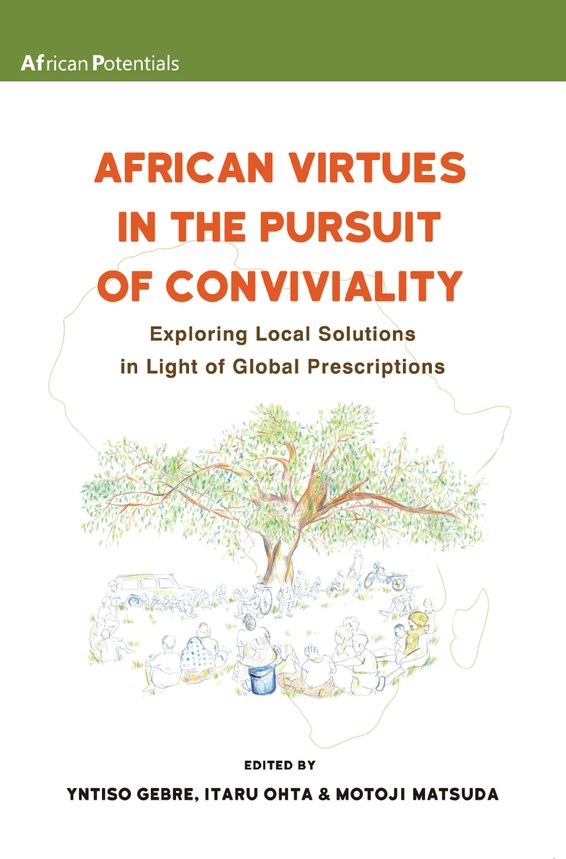Date and Time: November 2, 2019 (Saturday), 15:00 – 17:15
Venue: Large Meeting Room, 3rd Floor, Inamori Foundation Memorial Hall, Kyoto University
First, the project leader Motoji Matsuda (Kyoto University) explained the purpose of the Lusaka Forum, which will be held from December 6 to December 8. Four people who will present at the forum made presentations. Shuichi Oyama (Kyoto University) served as a moderator.
The presenter, title, and contents of the presentation are as follows.
Speaker 1: Nagisa Nakawa (Kanto Gakuin University)
Title: Guided Participation as a Means of Classroom Interaction in Zambia: Observing Children’s Play
Abstract: In Zambia, children are not as proactive in primary education as early childhood education. If this is true, then how do children play outside of school? The presenter analyzed children’s out-of-school play and learning and observed their interactions. The children’s games were multi-lingual, including English, the local language (Tongan), and other ethnic languages. Sometimes, the children “coined” new words. Commonly observed types of play included hand play, stone play, and digging holes in the ground. In addition, children (and sometimes adults) of various ages played together, and the speaker observed them helping, cooperating, and sharing their roles during the play. Finally, the presenter discussed how the creativity and positivity of this out-of-school play could be utilized in school education.
Speaker 2: Yuji Matsuhira (University of Hyogo)
Title: Potentials of African Music: A Case of Zimbabwean Music in Japan
Abstract: The presenter discussed the influence of the mbira (thumb piano), a Zimbabwean musical instrument, on the religious views of the Japanese. In Japan, the mbira is strongly associated with entertainment, including personal enjoyment, entertainment, and performance in the music business. In Zimbabwe, however, the mbira is not only a form of entertainment, but also has a religious aspect, as it is indispensable in the possession rituals of the Mzuzimu (ancestor) rituals. More than 30 years have passed since the introduction of the mbira to Japan, and some say syncretism is occurring with the indigenous beliefs of Japan. For example, audience members are entering trances at concerts, and performers are being invited to a religious experience. Thus, the presenter explained how the religious ideology of Zimbabwe (Shona society) and the mbira music that embodies it have the potential to change the religious views of the Japanese.
Speaker 3: Yuko Sugiyama (Hirosaki University)
Title: “We Have Already Tried It, Only Politicians Just Don’t Know It”: Making Innovation Socially Inclusive Among the Bemba of Northern Zambia
Abstract: The presenter analyzed the characteristics of innovation among the Bemba of Northern Province, Zambia, from the perspective of folk/local innovation history. In Bemba society, people choose livelihood strategies focused on long-term food security. The Bemba principle of “the haves sharing with the have-nots” creates an extensive mutual support network. This livelihood strategy has led to a preference for “more food options” and increased the variety of cultivated plants as farming systems have changed throughout history. Every villager practiced small-scale experimental trials in their livelihood activities, which ensured stability and created possibilities for diverse innovations. Furthermore, the penetration of the cash economy led to the localization of employed labor and liquor sales. The process of spreading new technologies granted access to productive resources and led to their spread throughout Bemba society, including the “have-nots.”
Speaker 4: Tetsu Sato (Ehime University and Research Institute for Humanity and Nature)
Title: Potentials of Sustainability Transformations Emerging from Community-based Innovative Practices: Case Studies in Lake Malawi Riparian Villages
Abstract: By introducing Future Earth’s project “Trans-disciplinary Research with Vulnerable Populations for Natural Resource Management under Poverty Conditions,” the presenter demonstrated the usefulness of trans-disciplinary research with ordinary, vulnerable villagers as research partners. First, the researchers and villagers decided together what issues would be studied. Through dialogue and careful consideration with the villagers, the researchers uncovered the constraints they face. In addition, the research unit discovered a new trans-disciplinary methodology by organizing an international forum of villagers. Finally, he introduced a future research aim of identifying leverage points that can trigger significant changes to solve problems by network analysis of causal chains.



